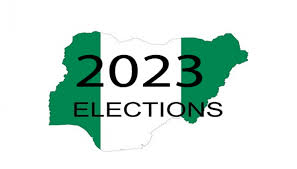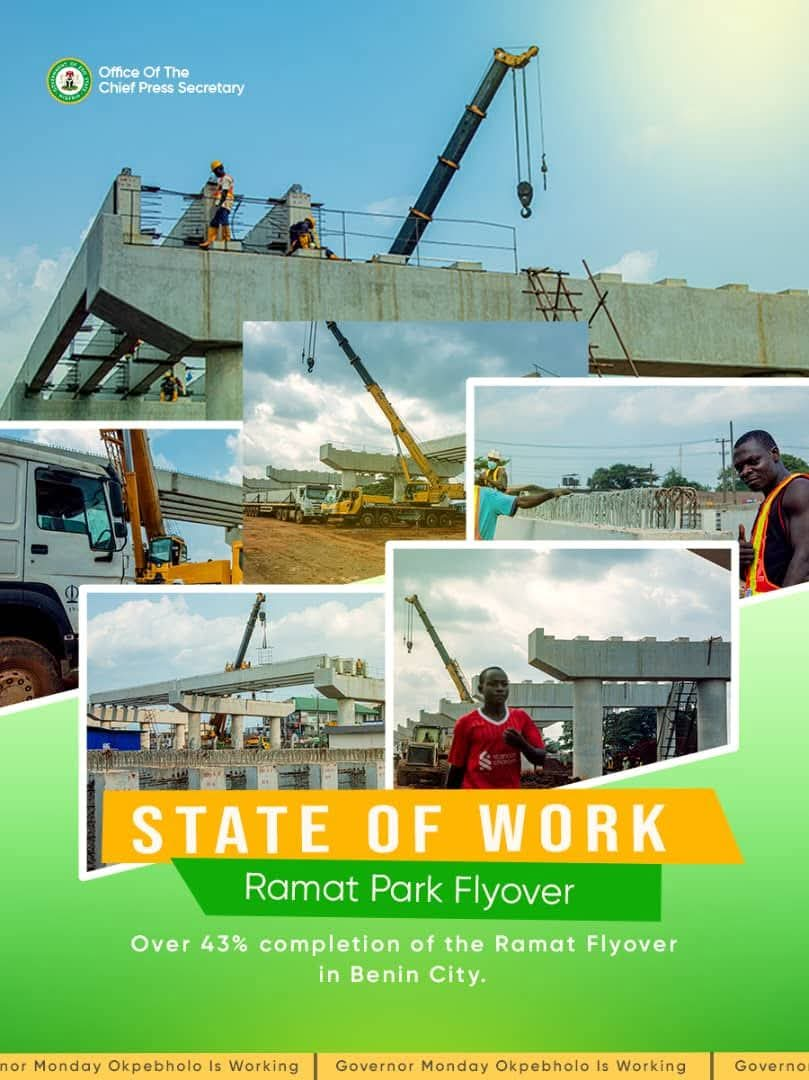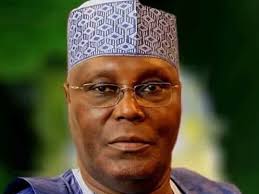By Ehichioya Ezomon
Each side in the Niger Republic coup crisis is ratcheting up the ante, in a power show that’s the potential to further destabilise the West African region.
The military junta that staged a coup d’etat on July 26 has dug in by shunning peace overtures from the Economic Community of West African States (ECOWAS), the African Union (AU), United Nations, and some Western countries, including the United States and France, and establishing a quasi civilian administration, with the appointment of a Prime Minister.
The coupists, led by former presidential guards’ commander, Gen. Abdourahmane Tchiani, who heads the junta, have threatened to kill deposed President Mohamed Bazoum should the ECOWAS force invade Niger to restore constitutional order.
At the second extraordinary summit of its Heads of States and Government in Abuja on August 10, ECOWAS called up its standby military force in readiness for any eventuality in Niger.
This comes after the junta’s bluffing of an ECOWAS seven-day ultimatum to return power to Bazoum, who’s been under house arrest since his overthrow.
Rather than diminishing, supports for military intervention in Niger is growing, particularly after the junta’s threat to kill Bazoum.
ECOWAS has vowed to punish the putschists, according to the bloc’s Commissioner for Political Affairs, Peace and Security, Ambassador Abdel-Fatau Musah, as he spoke on Channels Television on August 11.
Musah said: “We are going there (Niger), if need be, to rescue President Bazoum, who is living in very terrible conditions today.
“We can not just sit back idle and depend on the goodwill of these people, who are disrupting the democratic process in the country.
“Yesterday’s (August 10) communique also made it very clear that this junta will pay dearly if anything happens to the safety, security, or physical integrity of Bazoum, his family, or members of his government. That was clearly done.
“We are not going to hold back because they are holding the president hostage. If they dare, if they should harm him in any way, then they are going to pay very dearly for that. So, this is a tactic.”
Also, the AU – expected to meet today (August 14) to discuss the situation in Niger – has expressed support for ECOWAS’ decision, and called on the junta to “urgently halt the escalation with the regional organisation.”
Ivory Coast’s president, Alassane Ouattara, has pledged his country’s participation in any ECOWAS military operation in Niger, along with Nigeria and Benin Republic.
“Ivory Coast will provide a battalion and has made all the financial arrangements… We are determined to install Bazoum in his position. Our objective is peace and stability in the sub-region,” Ouattara said on state television.
Besides, France and the United States – which have more than 2,500 military personnel in Niger – have endorsed ECOWAS’ position that no harm should come to Bazoum, his family, and members of his ousted government.
While France’s foreign ministry said it supported “all conclusions adopted” by the ECOWAS leaders, U.S. Secretary of State, Antony Blinken, said America appreciated “the determination of ECOWAS to explore all options for the peaceful resolution of the crisis,” and would hold the junta accountable for the safety and security of President Bazoum.
It’s unclear if the threat on Bazoum’s life would change ECOWAS’ decision to intervene militarily in Niger. But going by agency report, analysts believe “it might give them pause, or push the parties closer to dialogue, but the situation has entered uncharted territory.”
Meanwhile, the military coup d’etat in Niger has exposed the fissures in Nigeria’s polity along ethnic, sectional, and partisan leanings.
A proposed “use of force” by ECOWAS to restore democracy in the country has been turned into a “President Tinubu’s war” on Niger and its people, indicating that many Nigerians are in support of the coup and the junta therefrom.
The coup had hardly settled when Nigerians began to applaud the overthrow of President Bazoum’s government by elements of the presidential guards, who reportedly falsely alleged the inability of the government to tackle insecurity in Niger, rather than the putsch stemming mainly from power struggle between Bazoum and Gen. Tchiani.
That an elected government was illegally overthrown, doesn’t worry Nigerians rooting for the coupists. All they care and are happy about is a disruption of the government in Niger – and a wish for a similar scenario taking place in Nigeria!
It’s no surprise that the coup hailers – and opposers of any intervention in Niger – are mostly the same people that canvassed a military takeover in Nigeria or installation of an Inerim National Government post-the February 25, 2023, presidential election.
Recall that protesters of the declaration of Senator Bola Tinubu as winner of the poll had marched to the Military command in the FCT, Abuja, to incite soldiers to seize power, and prevent Tinubu’s inauguration as the 16th President and Commander-in-Chief of the Armed Forces of Nigeria on May 29.
However, the groundswell of opposition in Northern Nigeria to a forceful reinstatement of the deposed government in Niger is beyond what the individuals and groups adduce as reasons for opposing the ECOWAS, which’s chaired by President Tinubu.
The Northern voices say any military intervention in Niger will worsen the security situation in the North – which’s linguistic, cultural and religious affinity with the country that borders several states of Nigeria – and affect movements and trade between the two nations.
These are genuine fears that the Nigerian government, ECOWAS, and their backers should take into account in whatever actions they take against the military clique in Niger!
Yet, what baffles keen observers is North’s tepid condemnation of the coup in Niger, but a vehement opposition to deploying might to push out the coupists from their illegal seizure and occupation of power in the country.
Why didn’t the North employ the same vehemence to condemn the coup as one too many, and urge the junta to return to the barracks? Perhaps the ECOWAS sabre-rattling wouldn’t be necessary!
Northerners’ opposition to removing the rebels – in a similar fashion that the soldiers had overthrown the Bazoum government – has demonstrated to the coupists that they’ve Nigerian allies and supporters that can prevail on and/or prevent the Tinubu administration from enforcing the ECOWAS roadmap on Niger.
Sadly, some that oppose external intervention blame Tinubu for the situation in Niger and thus see Nigeria’s position as a “Tinubu’s war” from two angles.
Northerners regard the ECOWAS initiative as a Tinubu (Southern) war against their brethren in Niger and invariably a war against Northern Nigeria.
Other Nigerians consider the ECOWAS intervention as a Tinubu diversion of attention from the socio-economic challenges his government has inflicted on Nigerians since May 29, 2023.
This is giving the dog a bad name in order to hang it. Blaming the ECOWAS push in Niger on Tinubu is uncalled for! The blame should go to Gen. Tchiani, who ousted the Bazoum government!
The campaign to stop a possible use of force in Niger by ECOWAS shouldn’t be a blackmail tool to bully and threaten President Tinubu because he’s the chairman of the regional body.
Tinubu’s devoted the greater part of his life – as a pro-democracy activist and Governor of Lagos State – to fight against military incursions in government, and for enthronement and sustenance of democracy and observance of the rule of law in Nigeria.
So, Tinubu just can’t abandon these lofty ideals as President of Nigeria – which is looked upon to lead West African countries, and the African continent in such circumstances as the ECOWAS push to restore democracy in Niger.
Still, it’s welcoming that the President and ECOWAS remain committed to a peaceful resolution of the crisis in Niger, as Tinubu remarked at the second regional extraordinary summit
in Abuja
His words: “We must engage all parties involved, including the coup leaders, in earnest discussions to convince them to relinquish power and reinstate President Bazoum.
“It is our duty to exhaust all avenues of engagement to ensure a swift return to constitutional governance in Niger.”
This’ll douse tension in the region, particularly in Nigeria, where non-state actors are jumping into the fray to take a front row in opposing the alleged “Tinubu’s war” in Niger
So, Nigerians should give the President the benefit of the doubt on the Niger saga!
Mr Ezomon, Journalist and Media Consultant, writes from Lagos, Nigeria




